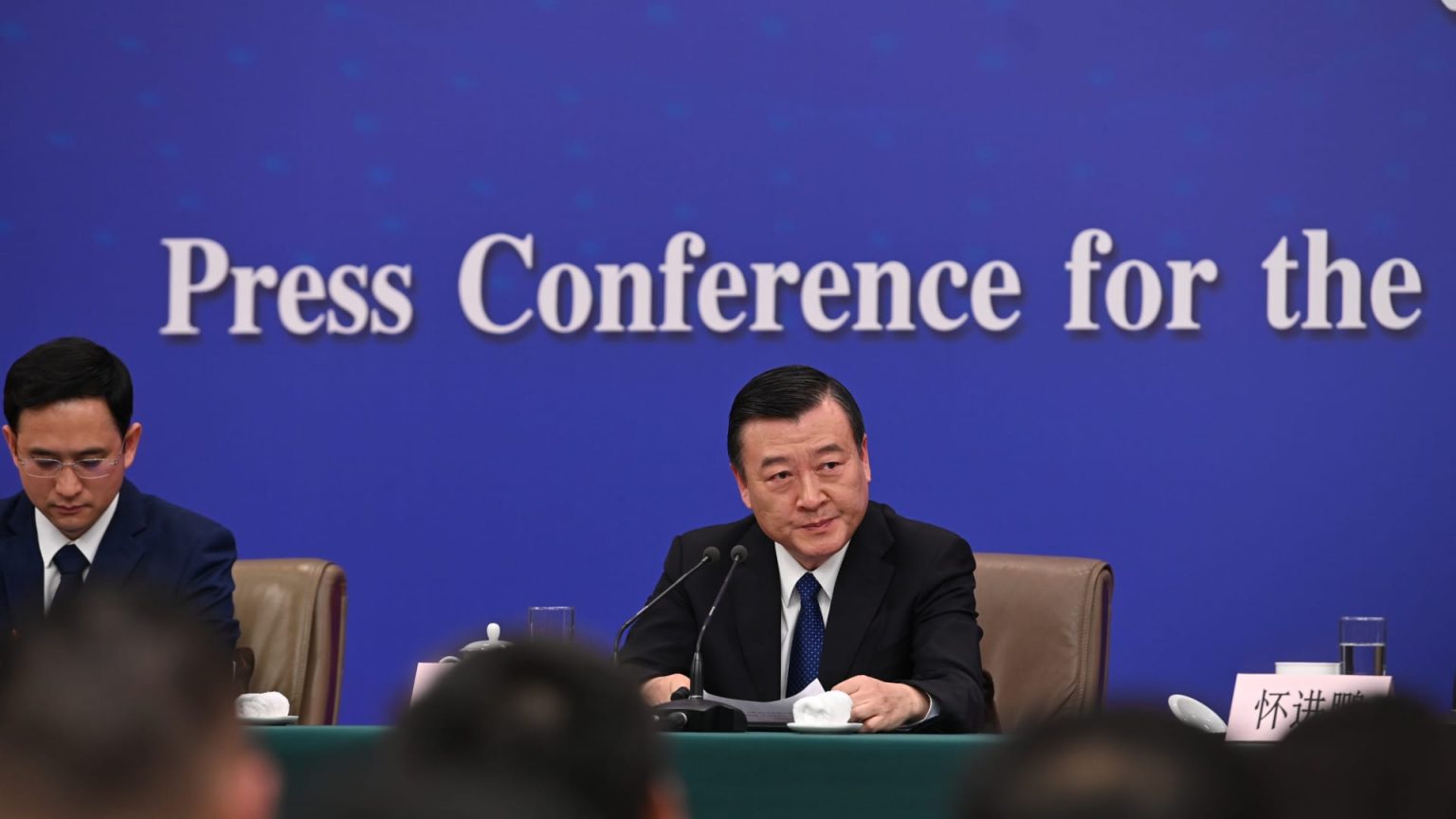China’s housing ministry announced plans to expand its “whitelist” of real estate projects and increase bank lending to unfinished developments to 4 trillion yuan by the end of the year. Launched in January, the “whitelist” initiative allows city governments to recommend residential projects to banks for speedier lending in order to ensure the completion of unfinished projects. All commercial housing projects are now eligible for the “whitelist,” and banks are encouraged to release loans in full to developers rather than in tranches.
In an effort to bolster the economy, China has been making a series of high-level policy announcements, including a cut to the reserve requirement ratio and a reduction in the minimum down payment for second-home loans. Chinese president Xi Jinping chaired a meeting where officials pledged to stabilize the real estate market and promote a stable recovery. However, some investors were disappointed by the recent policy adjustments, and the Chinese stock market saw volatility as a result.
To further support the real estate market, China’s Ministry of Finance announced plans to allow local governments to issue more special bonds for land purchases and to expand affordable housing subsidies to existing housing inventory. This news led to a surge in Chinese property stocks, with the Hang Seng Mainland Properties Index rising over 2% and real estate leading gains in Mainland China’s CSI 300 index by nearly 5%. However, the real estate sector had seen a significant decline since 2020 as a result of Beijing’s crackdown on high debt levels in the sector.
More than 50 cities in China have implemented measures to boost the real estate market, including lifting restrictions on home purchases and easing homebuying restrictions for non-local buyers. Despite these efforts, new home prices continued to drop at a rapid rate, with the value of new homes sold falling by 23.6% in the year through August. The real estate sector, once a significant contributor to China’s economy, had been in a downturn since 2021, leading to a lack of confidence among homebuyers.
The Chinese government’s recent policy announcements aim to stimulate growth in the real estate market and the wider economy, but investor confidence remains uncertain. The ongoing volatility in the stock market reflects concerns about the effectiveness of the stimulus measures and the ability of the real estate sector to recover from its significant decline. Moving forward, it will be important for policymakers to closely monitor the impact of these measures and adjust them as needed to support a stable recovery in the real estate market and the broader economy.


